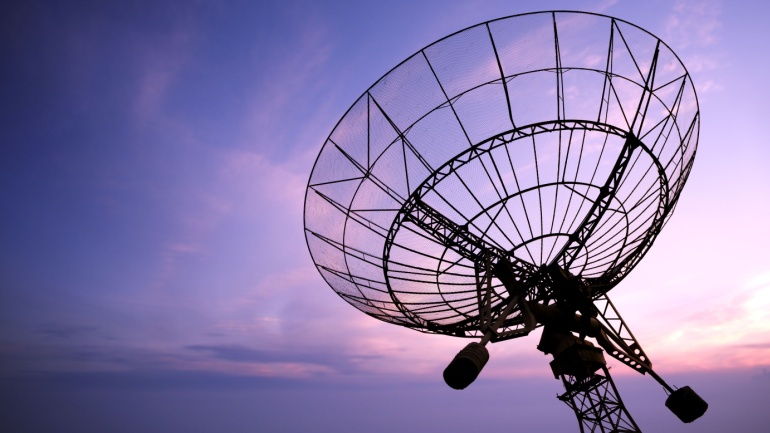Luxembourg-based satellite operator SES has revealed plans to purchase rival Intelsat in a landmark deal worth €2.8 billion. The move, unanimously approved by the boards of both companies, is set to create a formidable multi-orbit operator poised for expanded global coverage and innovation.
Intelsat, a leading satellite connectivity firm, has joined forces with farming equipment manufacturer CNH to introduce connected tractors and other agricultural machinery to Brazil, enabling precision farming in remote regions. The initiative involves installing ruggedized multi-orbit satellite terminals on CNH farm equipment across Brazil. These terminals will leverage Intelsat’s global network to establish connectivity, facilitating the real-time streaming of data between farm equipment and cloud services.
Telecom26 and MiWire are pushing the envelope with a pioneering maritime connectivity trial. The eSIM-based service aims to shift the commercial shipping industry’s reliance on costly and inflexible satellite technology, unlocking cost-effective data accessibility. Ships that stick to set routes can benefit from seamless, uninterrupted service leveraging terrestrial cellular networks for up to 50km sea distance, before transitioning to satellite connectivity.
SpaceX has hit a roadblock in its ambitious plan to connect consumer devices directly to its next-generation Starlink satellites, as the FCC rejected its request to utilize the 1.6 GHz, 2 GHz, and 2.4 GHz bands. The regulatory agency has halted SpaceX’s bid citing their current policy on limiting new entrants to these bands.
Intelsat has announced the expansion of its partnership with Eutelsat through a significant $500 million agreement over seven years, aiming to capitalize on the burgeoning opportunities in the multi-orbit space sector. This collaboration will integrate Eutelsat’s OneWeb Low Earth Orbit (LEO) network, which it has owned for six months, with Intelsat’s existing geostationary orbit (GEO) and terrestrial networks. The goal is to enhance the range of services Intelsat can offer by leveraging these combined space assets.
Dish Network’s financial struggles have intensified, leading to the likelihood of not completing a significant spectrum purchase from T-Mobile US. The satellite TV provider, aspiring to expand into mobile networks, disclosed its precarious financial situation, hinting at potential challenges in continuing operations.
Deutsche Telekom and the satellite company Viasat have recently enhanced in-flight internet connectivity for flights to and from Cyprus by activating three new ground stations. These stations are part of an expansion that strengthens the European Aviation Network (EAN) in the Eastern Mediterranean, bringing the total to 300 ground network antenna sites across Europe.
The $24 billion merger between T-Mobile and Sprint drastically reshaped the US mobile landscape, reducing the country’s major operators. To counterbalance this change, Dish Network intended to purchase T-Mobile’s 800 MHz licenses.
Neterra, a telecommunications trailblazer for nearly three decades, recently secured the prestigious ‘Best Central & Eastern European Carrier’ award at the Global Carrier Awards 2023. In an exclusive interview with Svetoslava Bancheva, the PR and Digital Communications Manager, Neterra’s evolution from providing Bulgaria’s first internet connection to becoming a global telecom solution provider unfolds. Svetoslava highlights pivotal milestones, including running submarine cables under the Danube River and the establishment of the Sofia Data Center.
The FCC has recently approved rule changes aimed at streamlining access to the 70 GHz, 80 GHz, and 90 GHz spectrum bands, immensely benefiting airborne and waterborne vehicles and promoting more innovative broadband service options. These updates will also impact the way backhaul service for 5G operates, enabling smaller, lower-cost antennas to be utilized, and ensuring a more efficient use of the spectrum through modifying the link registration process.













